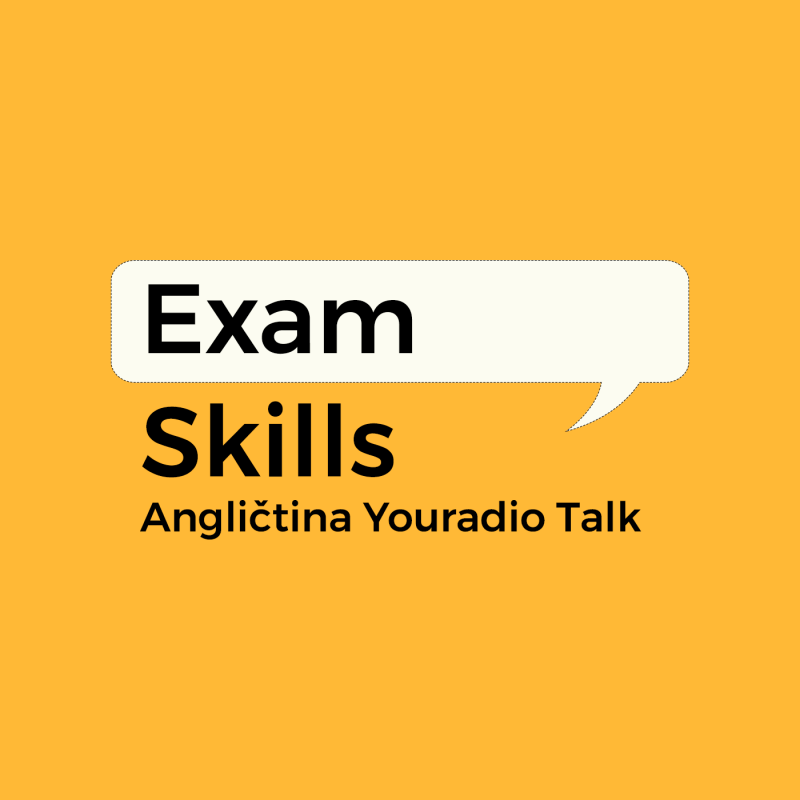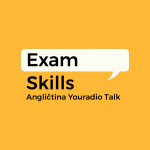
Programme 11: Speaking Exams: Orals

Anna: They’re very stressful. I don’t like when somebody sitting opposite to me ask me questions, especially in foreign language. I’m afraid that I won’t be able to understand the questions. And you have to answer immediately. Usually you don’t have time to think about what do you want to say. Mark Shea: You need to remember that the examiner is not your enemy. Most examiners don’t like failing people, and if you don’t give them a reason to fail you, they won’t. enemy - nepřítel failing - propadnout to fail you - nechat tě propadnout Mark Shea: It’s the examiner’s responsibility, in an oral exam, to provide opportunities for the examinees to display their language proficiency, how good they are at speaking. So the examiner will help you. responsibility - zodpovědnost oral exam - ústní zkouška examinee - zkoušený to display - ukázat, předvést proficiency - zdatnost, schopnost Mark Shea: It’s important to remember that of course you’ll be nervous. Everyone is nervous. They will allow for this, so don’t worry if you make a mistake early on. early on - na začátku Karen Adams: It’s important for the examiner to understand what it is you’re saying. If you’re nervous, you may be tempted to speak very very quickly. However this can sometimes hide how good you actually are at English. you may be tempted - bude vás to svádět to hide - zastínit, zakrýt Mark Shea: Also remember, the other candidates are not your enemies. Mark Shea: Smile at the examiner, be friendly with the other candidate, try and help the other candidate perhaps. Karen Adams: This is because it’s important to interact, and show the examiner that you can’t just speak, but you can actually converse with someone else. Part of your marks will be devoted to the interaction between you and your partner, so remember to react to what your partner says, and to ask questions if it’s appropriate. to be devoted - věnovat (čemu) to be appropriate - být vhodný Mark Shea: Particularly in oral examinations it’s my experience that, if your partner is good, he will help you to succeed in the exam. So it’s far more a question of partnership than competition. partnership - partnerství competition - soutěž Karen Adams: Number One: try to avoid speaking too quickly, because this can actually hide how good you really are. And number two: interact with your partner, show you’re interested, and ask them questions. Mark Shea: Remember that the examiner is not your enemy; the other candidates are not your enemies. Try to be friendly, to the examiner and to the other candidate if there is one. Be confident, be friendly, and you’ll pass. be confident - důvěřujte si
Popis podcastu
Užitečné rady, simple techniques and handy hints, jak co nejlépe absolvovat zkoušku z angličtiny.